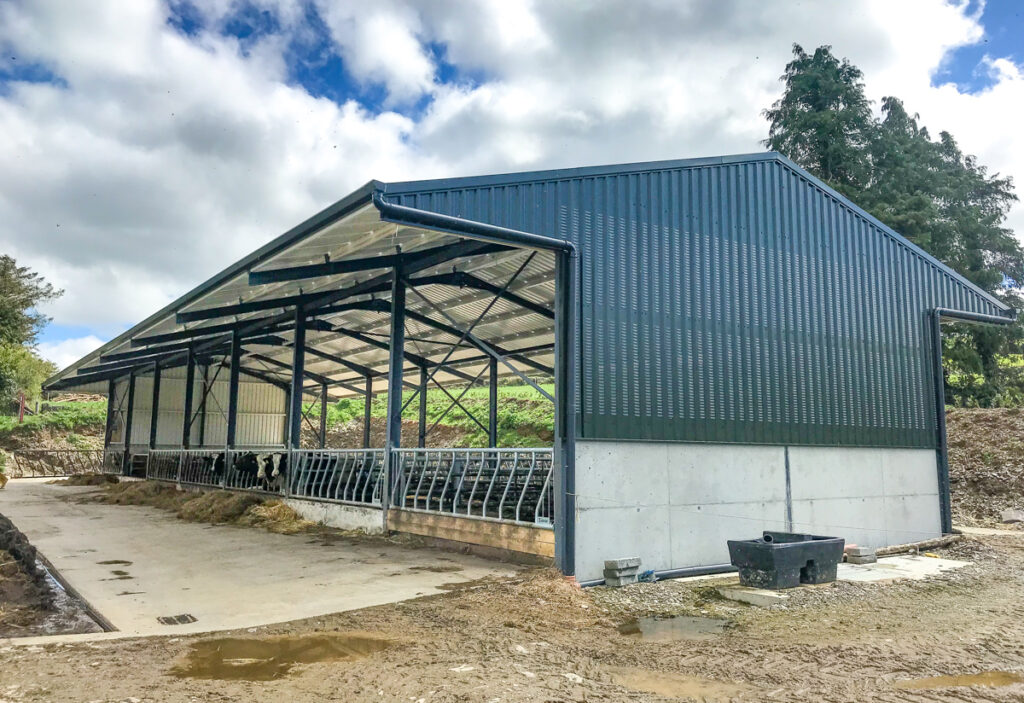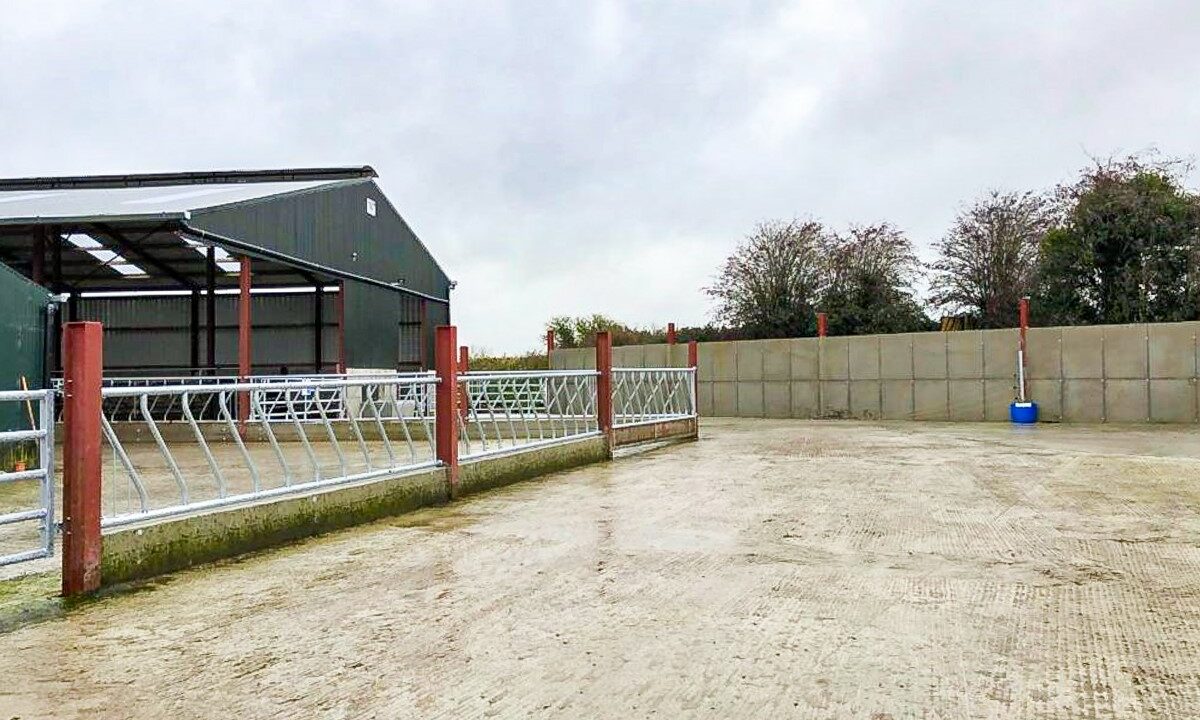Water entering slurry tanks on farms over the winter months could have a significant impact on storage capacity.
As winter sets in, there are a final few jobs to complete around the yard such as checking that lights are working and also ensuring that rain water is not entering slurry tanks.
Already this autumn/winter, the country has been hit by a number of heavy rainfall and weather warnings.
This has meant that in some cases, avoiding water from entering slurry tanks has been almost impossible.
Slurry tanks
You should inspect your gutters, downpipes and gullies to ensure they are diverted away from slurry tanks.
The most important thing to remember is that slurry storage should be for storing slurry, not water.
It may also be worthwhile checking that the gutters, downpipes and gullies are free of obstructions – so that they do not back-up or overflow.

Many farms are tight for storage, so excess clean water entering tanks should be avoided.
Excess water entering the tank could reduce a tank storage capacity, which may cause issues at a later date.
No-one knows what lies in store next spring, so ensuring you have maximum slurry storage capacity available is important.
It is also important to remember that soiled water and slurry can no longer be stored in the same tanks.
Sub-Article 2 of Article 4 of the European Union (Good Agricultural Practice for the Protection of Waters) Regulations 2022 defines what constitutes soiled water.
Soiled water includes water from concreted areas, hard standing areas, holding areas for livestock, and other farmyard areas where such water is contaminated by contact with any of the following:
- Livestock faeces, urine or silage effluent;
- Chemical fertilisers;
- Washings such as vegetable washings, milking parlour washings or washings from mushroom houses;
- Water used in washing farm equipment.
It is no longer considered soiled water when it has a biochemical oxygen demand exceeding 2,500mg/L or a dry matter (DM) content exceeding 1% (10g/L).
If soiled water is stored together with slurry, it is considered slurry for the purpose of the regulation and is therefore subject to the same storage and management requirements.
There is also a closed period for soiled water this year from December 10 until December 31.
Winter
As the dark nights now set in, it is important you ensure that all the lights around farmyard and in sheds are working.
Having working lights is vital to ensure that work in completed on farms in a safe manner over the winter months.
It is also important to check over the machinery you will be using over the winter to ensure that it is all in good working order.
Any faults or issues should be repaired now and not be allowed to potentially develop into a bigger issue.
